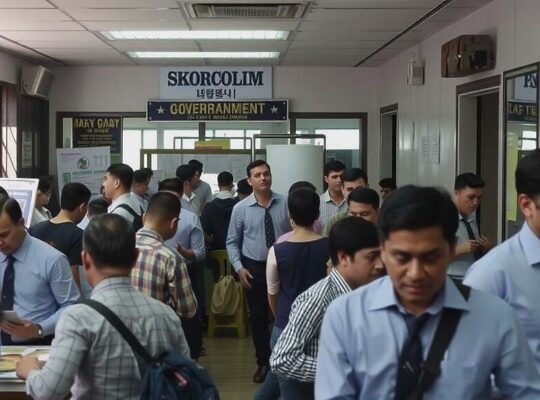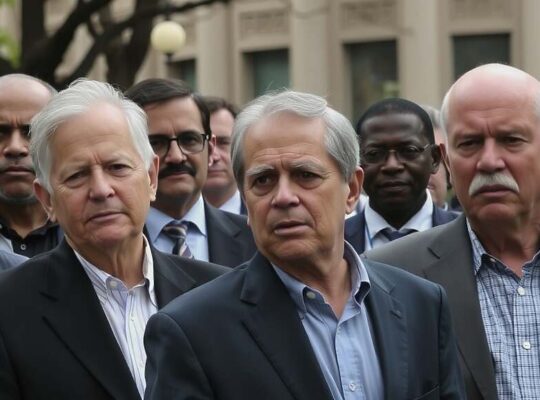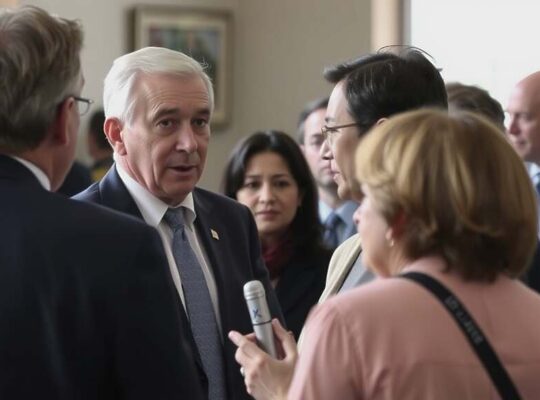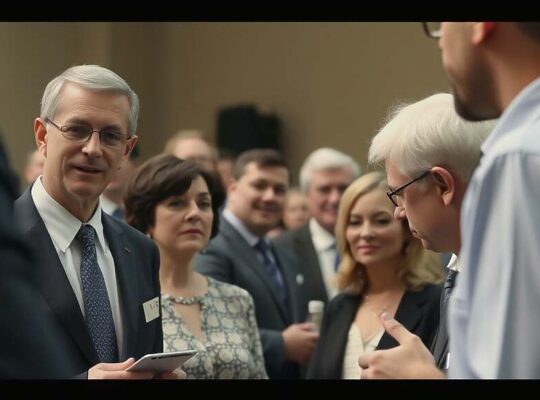The Social Democratic Party (SPD) is pushing for a significant expansion of options for federal civil servants to remain in service beyond standard retirement ages, drawing inspiration from a proposed “active pension” scheme championed by Bavarian Minister President Markus Söder. The proposal, revealed in an interview with “Handelsblatt”, aims to mirror the planned “active retirement” initiative designed to incentivize continued employment for older workers in the private sector.
SPD parliamentary group deputy Sonja Eichwede expressed considerable support for the concept, citing the limitations of current regulations which allow civil servants to continue working beyond retirement only in highly restricted circumstances. “While existing provisions permit continued service, they are overly narrow and fail to adequately recognize the valuable experience and expertise of older employees” Eichwede stated. The proposed reform to public service law, she argues, should explore a broadened approach akin to the active retirement model, creating a “win-win” scenario that benefits both employees seeking continued engagement and the efficiency of government administration.
The Bavarian Ministry of Finance, in response to inquiries from “Handelsblatt”, confirmed that the “active pension” concept is currently in the early stages of development, being “conceptually drafted and elaborated”. This contrasts sharply with the relatively advanced planning for the private sector active retirement program, raising questions about the potential for a fragmented and uneven approach to incentivizing continued employment across different segments of the German workforce.
Critics argue that extending a similar system to civil servants risks exacerbating existing concerns about bureaucratic inertia and a potential slowdown in generational renewal within the public service. Furthermore, questions remain regarding the financial implications of allowing a larger cohort of older employees to remain in service, potentially impacting opportunities for younger entrants and straining public budgets. The SPD’s proposal, while potentially appealing to a demographic seeking extended careers, necessitates careful consideration of its broader systemic effects and potential unintended consequences for the future of the German public sector. The lack of concrete details from Bavaria further complicates the debate, leaving scope for controversy and potential political gridlock as the proposal is considered.












